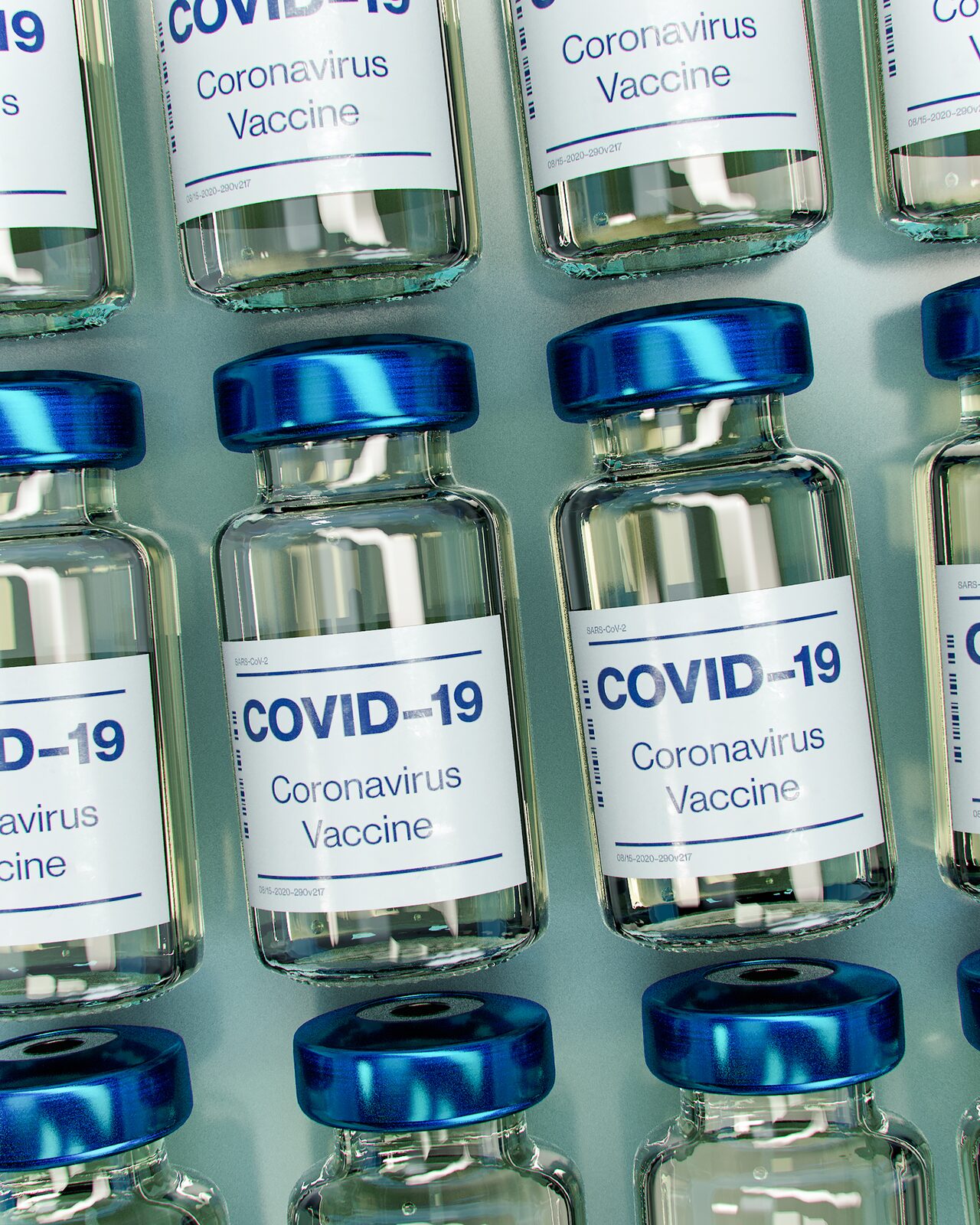Booster programs for vaccines against COVID-19 are accentuated

Booster programs to preserve immunity provided by vaccines have continued to advance. The start of mass vaccination prospered with some ups and downs during 2021, with a view to a significant improvement in the new year. Therefore, it is expected that the goal of herd immunity will soon be reached: 70% of people vaccinated worldwide.
Updated data on the immunization process internationally
The World Health Organization (WHO) led by the director and biologist Tedros Adhanom, have ended the year with important statements, in addition to referring to the future objectives of the entity, also highlighted everything that has been achieved so far.
After two years in what seems like an endless cycle, the results of success are finally showing. As of today, more than 8,000 million people worldwide have received the corresponding dose of vaccine.
In short, it is a percentage that oscillates 49% of effectiveness in favor of the goal that has been set. Consequently, Dr. Tedros Adhanom was blunt in concluding that, by July 2022, at least 70% of humanity would be vaccinated.
Thanks to this information, the achievement of herd immunity would practically establish the end of the pandemic. In fact, it is what the director of the WHO himself has predicted for the end of the just begun 2022. Of course, he warns that, to achieve what seemed to be a utopia in the first instance, the highest degree of international cooperation is required.
What is known about the reinforcement program? WHO recommendations
It is important to emphasize that the immunity conferred by vaccines is temporary, so it periodically warrants a reinforcement. According to the estimates of the scientific community, the ideal is that each individual with his complete scheme receives a third dose between 5 and 6 months.
For its part, the WHO has compiled everything that is known in this regard, issuing its recommendations for this new process. An approach that, paradoxically, has also generated controversy, but which continues to be profitable:
1. The administration of a third dose should be a priority in special cases such as older adults. Likewise, those immunosuppressed patients in whom the vaccines do not exert a full effect are another main objective.
2. In cases where there is no immune impairment regardless of the cause, a booster is not recommended. Although the ideal is for immunity to be renewed at 6 months, even the evidence is not conclusive to act in a generalized way.
3. The advancement of the reinforcement programs will be successful as long as priority is given to completing the primary scheme. That is, before moving on to a third dose, the ideal scenario is that the entire population receives the administration of one type of vaccine twice.
4. The AstraZeneca vaccine has been designated as the preferred booster for those over 60 years of age. Given its effectiveness to be combined with other types of immunities, it does not raise doubts about its operation.
The controversy surrounding the new strategies for a third dose
The optimism of the WHO and its president has been the result of good progress in vaccination. Even so, it is contrasted with the inefficiency that exists with respect to the arrival of vaccines in the so-called “poor countries”.
Consequently, the reinforcement programs represent a paradoxical scenario as mentioned above. While some governments move straight to the third dose, others struggle to administer the first.
As a result, Dr. Tedros has been emphatic in promoting the basic vaccination schedule with the first two doses. As there is still no conclusive and sustainable evidence to massively apply a reinforcement, except for special occasions, it is not essential.
“Booster programs can divert supplies to countries that have already achieved a good two-dose vaccination rate. This leaves out other nations that have barely 8 to 10% immunized. These are data that represent a wide margin of action for the virus to continue to spread and continue to mutate”. — Tedros declared.
The omicron variant has altered the plans of the WHO and the world
The appearance of the omicron variant during the last quarter of 2021 caused an Olympic leap to the WHO recommendations. The health organizations of each government decided not to take the risk and to promote the reinforcements in a generalized way.
Some clear examples are Israel, Spain, Italy and France, who have experienced a rebound in positive cases in recent days. In fact, records of infections that were believed impossible and last cataloged in mid-2020 were broken.
Although the WHO and the SAGE (Strategic Advisory Group of Experts) commented on the priority of the basic scheme, it is not something that is being fully met. Faced with such a situation, Tedros reiterated that it is best to continue reducing severe symptoms. A disease condition that promotes hospitalizations and, in certain cases, death.
“All deaths and hospitalizations (most of them) have occurred in unvaccinated people. To date, those who have not received reinforcements have not been complicated or included within the group of risk factors”. — Tedros stressed.
Additionally and advantageously, he recalled that the medical scientific evidence is resounding about the efficacy of immunizations. Although the horizon was complicated by the staging of delta and omicron, vaccines continue to represent good immunity.
Is the end of the pandemic really near?
The World Health Organization asserts that, on average, 20% of current vaccines are administered as a booster dose. A problem that completely deflects the possibility that, in the first quarter of 2022, the entire world adult population will be immunized.
For the first months of the year, between January and the end of March, the achievement of herd immunity was proposed. As a whole, the resulting vaccines in this period of time would serve to cover the demand for boosters only in populations at risk.
Currently, it is proposed that by July 2022 herd immunity will be a fact as long as international cooperation is expedited. Through strategies such as the COVAX mechanism and the African Union acquisition fund, he benefits from that suggestion.
If everything runs its course and the exact recommendations of the WHO are followed, 2022 will be the end of the pandemic according to Tedros. He states that the expert community already knows the virus better, lacking only a better way to apply immunization methodologies. Therefore, it only remains to hope that that glimmer of hope becomes an absolute reality.
